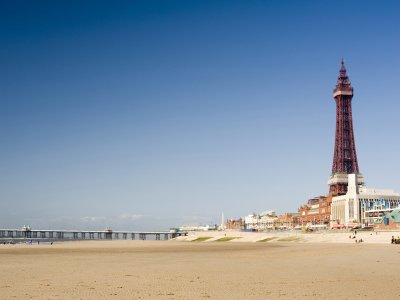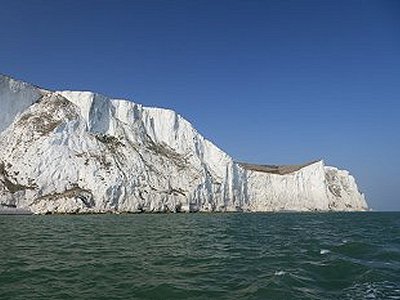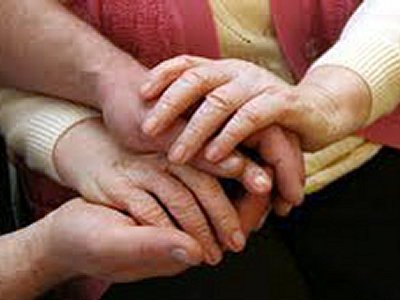
WHERE LAND MEETS THE SEA
What it means to be English can’t be understood without its seaside, but this is clouded by nostalgia from the childhood visits made.
Salty air, bracing winds, fish and chips, donkey rides, ice cream kiosks, chilly seas, sugared doughnuts, fairground scares, kiss me quick hats.
The claim has been made, and supported by Madeleine Bunting’s elegy ‘The Seaside’ (Granta Books, 2024) that England invented the seaside resort, turning beaches previously used for work and war into places of leisure and entertainment. England’s Atlantic climate of chilly clouds and irritable seas meant it has to work harder at giving pleasure than the countless Mediterranean resorts offering endless sun and this appears to be a losing battle. In the 1980s, Blackpool alone attracted more tourists than the whole of Greece and in its prime was filling 20,000 theatre seats a day, hosting Frank Sinatra and the Beatles at their heights. It has been a precipitous fall since.
England’s seaside is now marked by economic deprivation, ill-health, addictions, homelessness, poor housing and frozen social mobility. These may not be seen by day trippers out to make the most of a weekend or holiday, but they reside just off the coastline, out of eyeline. Poor rates of mental health among the indigenous population are aggravated by the presence of people with the money to indulge themselves. The modern world has made a slogan of the left behind; in some seaside resorts, people have not just been left behind, but forgotten. Much work is seasonal, service sector and poorly paid.
The economic geography of England has the cities exporting its ‘problem’ people to the seaside where small, divided housing units are available and affordable while the seaside exports its talented young people to the cities where opportunity, work and wealth are to be found. This may be a simplification, but there is truth in it.
Courageous and imaginative efforts have been made to regenerate the seaside, especially through creative industries in places like Margate and Folkestone in Kent. Outcomes are, nevertheless, sometimes criticised for gentrifying locations in these and other seaside towns and raising house prices beyond the reach of people who would like to stay there.
There are no quick fix solutions to regenerating run down towns, but there remains a powerful, centripetal pull to the seaside. It is not just the, often distorted, memory of childhood visits, but its status as a ‘thin’ place of spiritual connection. Where the land meets the sea is a place of reinvention and opportunity in itself. The beach is one of the most democratic spots in any coastal country. People claim their place, free of charge, and enjoy it alongside people they would not ordinarily mix with; rich and poor, old and young, side by side. The incoming tide washes away all traces and the process starts afresh the next day.
Many authors, musicians, poets and artists have come to the coast for creative inspiration. It awakens something primal; the line between land and sea being some kind of crack in creation, where what breaks offers healing. To stare at the sea may be the best lesson in human mortality and smallness short of gaping at the stars. The line between shore and water a place reflection, as many of us find it as we promenade (another English invention, apparently).
Is this why Jesus chose Galilee? We can only wonder at the significance of God’s choice, but the sea is an open, flexible space of possibility, new ideas and reinvention; a contrast, perhaps, to the fixed prejudices of landlocked, self-important Jerusalem. The Holy Spirit whispering through the breaking waves. As someone whose personal faith was found and established by the seaside, whose questioning of meaning and God was forged in the sea stare, I could believe that.
Coastal countries are blessed by the line between sea and land, but they should be places of re-imagining and growth not just for the day tripper, but in very tangible ways for the people who live in and care for the resorts that hold our memories and preserve our traditions. There are places God never leaves.





